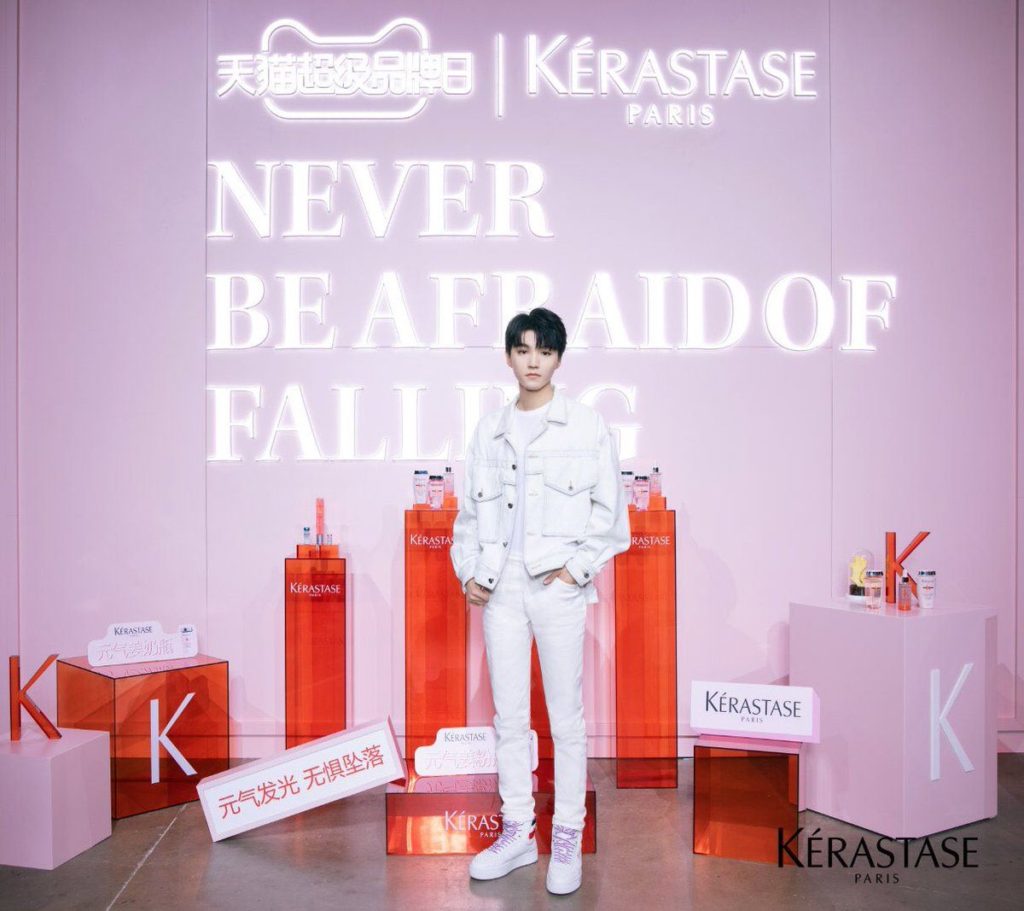In case you missed it, the “618” e-commerce event in China was a major success this year. Held on June 18th, the event was an online shopping bonanza that saw Chinese consumers spending billions of dollars on everything from clothing and cosmetics to home appliances and cars. So what can we learn from this year’s “618” shopping extravaganza? Here are three key takeaways.
Sluggish sales growth for major platforms
China’s second-largest online shopping festival, 618, just ended with lackluster sales growth from major platforms such as Tmall and JD.com amounting to RMB 582 billion ($86.8 billion) as of June 18. This is an increase of 0.7 percent year on year. However, toiletries and hair care products, in particular, saw a 33.1% increase in demand. Products that treat hair loss are the most popular among young Chinese consumers.

JD.com saw transactions for high-end shampoos increase 10-fold. This includes brands such as Kerastase (a French manufacturer of luxury hair and scalp products) and Rene Furterer, which reported a 50% increase in demand for two of their shampoos. It was also reported that total sales reached 13.6 billion RMB ($2.03 trillion) during the promotional season, making it the top 10 fastest-growing categories in terms of sales.
The fastest-growing category in terms of sales
The feature that prevents hair loss, was the most popular. Consumers who tuned into the live streams during the shopping season were most interested in receiving recommendations on products that can treat hair loss.
This is partly due to the “appearance anxiety” of younger generations, for whom healthy, thick hair is considered an important part of beauty. The fact that young Chinese are facing hair loss is a concern. According to statistics released by the National Health Commission in January, 50% of the 250 million people with thinning hair in China are between 20 and 30 years old.

Young Chinese are now more inclined to spend money on their hair. As a result, more than 600,000 searches for “hair loss” solutions have been made on Xiaohongshu, China’s largest lifestyle sharing platform. This consumer trend has also accelerated the growth of the emerging market. Categories such as anti-hair loss products and high-end hair repairs are expected to see an increase in online traffic of 65% and double the growth of the consumer base in 2022.

